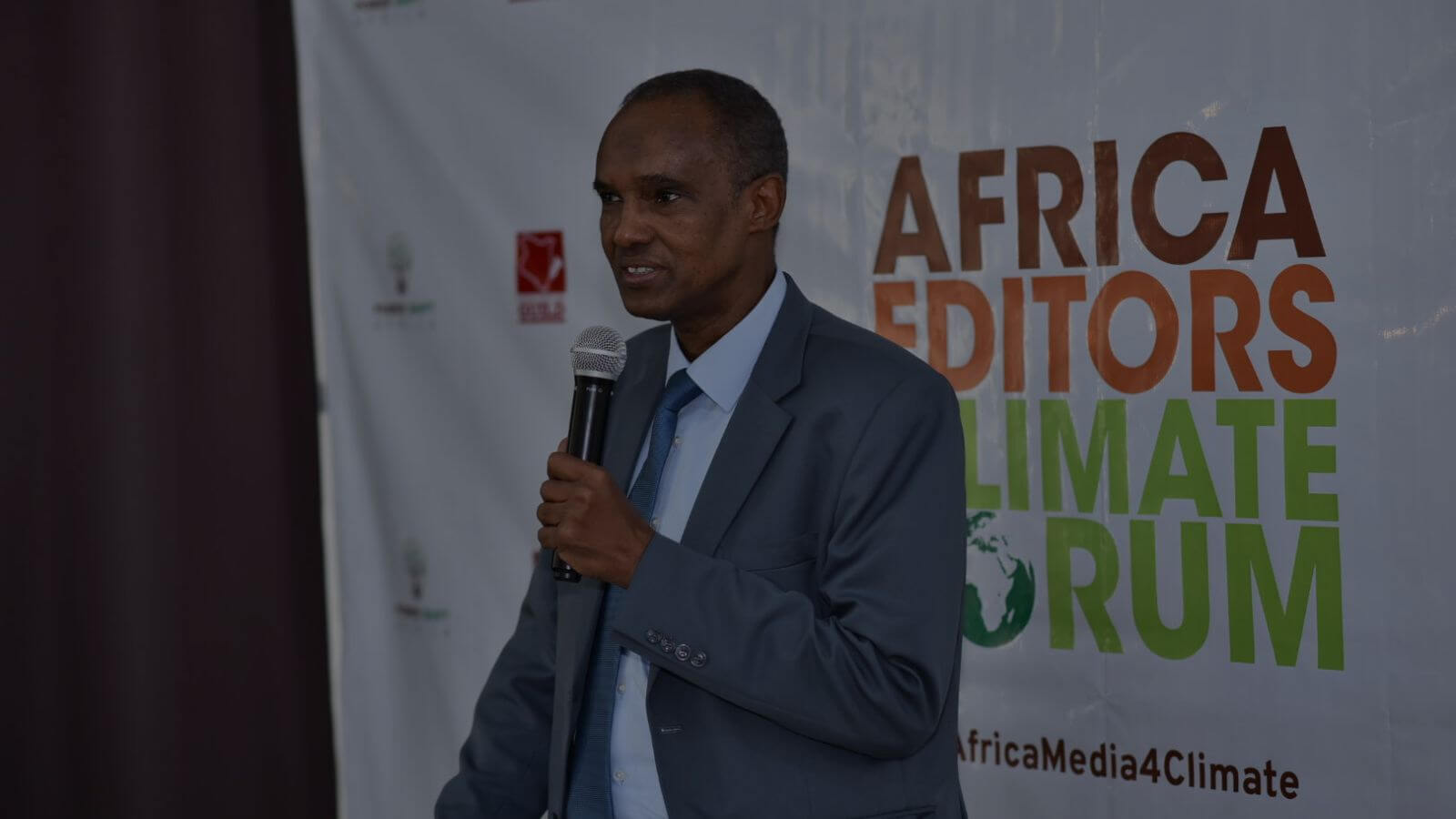As more than 100 heads of state and government, business leaders, policymakers and climate experts converge in Paris, France, for the Summit on a ‘‘New Global Pact on Finance’’, Africa is eagerly waiting for solid outcomes that will transform its development and adaptation agenda.
The Macron Summit could not have come at a better time for the continent as communities experience the most harrowing consequences of the climate catastrophe, upending food security and healthcare, fuelling environmental degradation and driving inflation to frightful levels.
Africa is just recovering from the most devastating drought in the Horn of Africa in 40 years, a deadly storm in Mozambique and horrendous floods in Nigeria, all which have caused loss of lives and destruction of livelihoods for millions.
Against this background, expectations are rife that the convening hosted by French President Emmanuel Macron will adequately tackle climate finance and, especially, adaptation finance to boost the resilience of poor countries’ to the climate emergency while deliberating on development and biodiversity issues in the context of this global crisis.
“We hope that our push for adequacy of finance to help us grow in a climate and nature-compatible manner will resonate with the world,” said Amb Mohamed Ali, Kenya’s Special Envoy for Climate Change.
Bridgetown Agenda
This summit builds on the recommendations of the Bridgetown agenda, spearheaded by Mia Mottley, the Prime Minister of Barbados. It is also anchored on the proposals of the Vulnerable Twenty (V20) Group of Ministers of Finance of the Climate Vulnerable Forum as well as the resolutions of the African group of finance ministers.
Collectively, these initiatives are pushing for reforms of the global financial system to serve universal interests.
‘‘Reform of the global financial architecture is a big agenda for Africa. We will be pushing this discussion during the African Climate Action Summit in Nairobi in September. We will also continue to push for the capitalisation of the loss and damage fund in one voice,’’ Amb Ali said.
The climate envoy was speaking at a forum of African editors and climate experts, among them players in the energy, food, and sustainable development sectors, hosted in Nairobi to discuss collaborations that can elevate climate storytelling in African newsrooms.
Media in the climate discourse
Convened by the Kenya Editors Guild, Africa on Air and climate think tank Power Shift Africa, the forum sought to identify a unified African climate narrative and to explore local solutions to the crisis.
Ali underscored the importance of the media in the climate discourse. While noting that Africa’s voice is significant and well coordinated, the envoy acknowledged that it is sometimes not strong enough. “Editors are a very important group because they inform, shape ideas and the thinking of the world. It is important that the messaging we put out is accurate and objective,” he said.
Rosalia Amungo, the chief executive of the Kenya Editors Guild, observed that climate change reporting is a critical area that calls for precision and continued training for journalists. ‘‘This equips them with the basic science understanding and competence to communicate the research. This understanding also helps to educate readers, viewers and listeners to promote their own understanding,’’ said Amungo.
The Just transition discourse and the nexus between climate action and Africa’s drive for sustainable development stood out during the forum. Today, more than 600 million Africans do not have electricity, 900 million do not have access to clean cooking. That is half of the continent’s population in darkness and the cold.
Against this background, participants engaged in extensive deliberations on how to develop and boost access to energy on the continent through alternative means, namely renewables, with which Africa is vastly endowed.
‘‘Our structural economic deficiencies stem from three root causes, namely, energy deficit, food deficit and low value-added, extractivist, assembly-line industrialisation. Going into the root cause of these problems means being radical in our approach to solutions,’’ Fadhel Kaboub, the president of the Global Institute for Sustainable Prosperity, said.
Meanwhile, Mohamed Adow of Power Shift Africa said that it is in the interest of Africans to define what a just transition is. ‘‘We must broaden the definition because the scope of the transition is critical. In this conversation, we cannot afford to exclude those who do not have access to electricity. To have a truly meaningful conversation, we must start with our energy-poor population,” Adow said.
There was consensus among the participants that Africa must take ownership of its climate narrative; one that is rooted in the continent’s unique position as the least polluting but the heaviest hit.
‘‘We have never had an independent common position on climate change for Africa. What we have is an agenda set and climate dialogue dominated by the historical polluter,” Adow said. “Unless we change this course, Africa will continue to be a puppet of the Global North in this discourse.’’
The editors agreed that although Africa is a victim of climate change that needs support, the continent has an opportunity to contribute to the global fight because of its abundant endowment with natural and capital resources.
That the French convening comes only months before Nairobi’s Africa Climate Summit and COP28 in Dubai is even more significant, with Africa hoping for a way forward on the loss and damage deal agreed at last year’s COP27.





